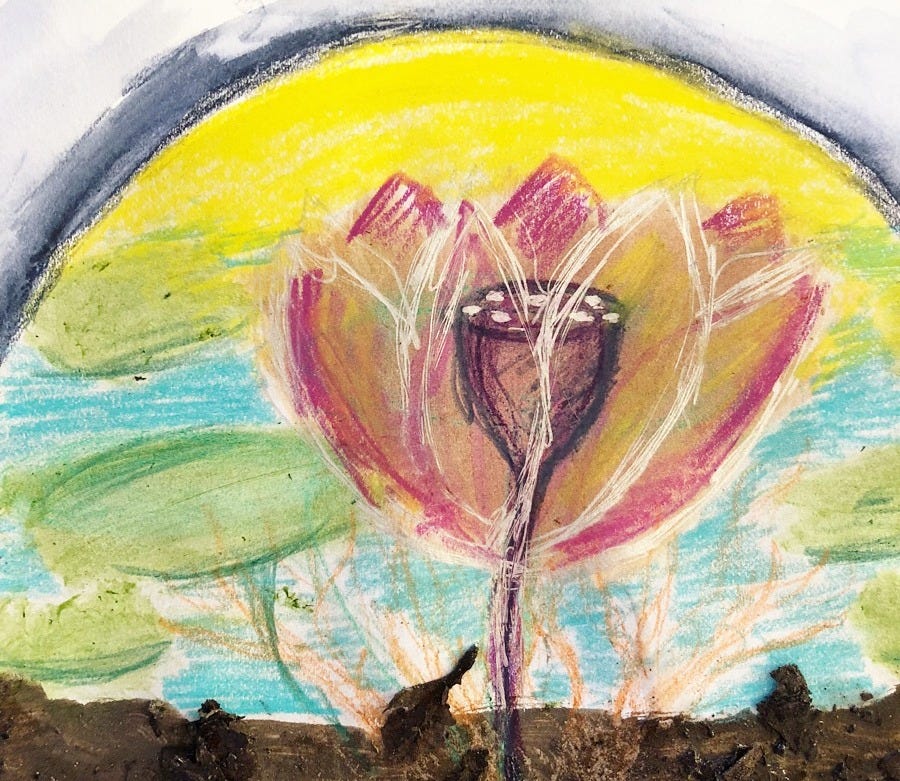A quick note to invite you to an upcoming workshop that
and I are co-facilitating called Stars and Roses: Astrology and Creativity for Maytide.Draw on your roots to identify the resources available to support your creative work. What blooms are you bringing into existence, what fertilizer do they need? What is the fragrance of your creative life right now? Let’s explore together in community.
Friday, May 2, 1 -2:30 Pacific Time and by replay.
You can join us by registering here and it is FREE for all our beloved paid subscribers on substack.
We would love you to join us for this hands-on exploration to celebrate the Taurus cross-quarter holiday (known to some as Beltane or May Day), one of the most fertile and creative points in the Wheel of the Year.
Together we will:
Explore the lore of May Day and reinvent it for yourself
Create a roots-to-blooms personal mandala with April
Nurture your natal gifts of creativity, abundance, and resilience through your chart with Bronwyn
Journal your own mud-to-lotus journey
Prepare for an abundant spring season
Bring a journal, your birthchart, and something to write and draw with.
"Nature does not hurry, yet everything is accomplished.”
The opposite sign of Taurus is Scorpio, and the process of composting. The two are partners in the Persephone process that turns the wheel of the seasons. Taurus holds the roots steady for the blooms while Scorpio breaks it all down to dust again. To rise from the ashes each spring. This is the Lotus axis. -April
The Taurus/Scorpio Axis is the Axis of Fertility, the place in your chart where the dynamic interplay of decay and fecundity is always working, where you create compost to feed blooms, where you live the maxim no mud, no lotus. -Bronwyn
Friday, May 2, 1 -2:30 Pacific Time and by replay.
Looking forward to connecting!
Sending many blessings,
April
p.s. No shade if you want to become a subscriber for one month just to receive this bonus :) It’s only $8 a month and you can cancel at any time.
Both suffering and happiness are of an organic nature, which means they are both transitory; they are always changing. The flower, when it wilts, becomes the compost. The compost can help grow a flower again. Happiness is also organic and impermanent by nature. It can become suffering and suffering can become happiness again.
— Thich Nhat Hanh, No Mud, No Lotus: The Art of Transforming Suffering





